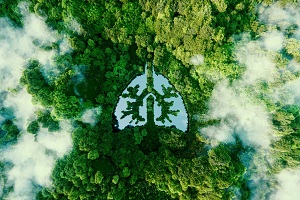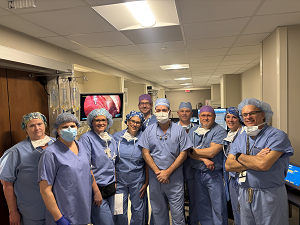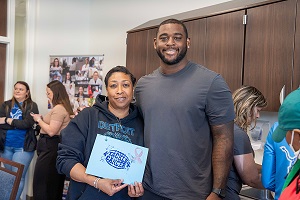Breast Cancer Empower Hour
Join this virtual empowerment and education session specially designed for those with a breast cancer diagnosis. Connect with others on a similar...
The skin is your largest organ -- the average adult has about 8 pounds of it. Your skin is a truly wondrous organ. It insulates you, shields your body from dangers too small to see, and creates vitamin D from sunlight to keep your bones strong.
However, skin also is vulnerable to damage from UVB rays from the sun. Long-term or intense bursts of exposure can cause sunburns, sun spots, and moles. The sun also can cause skin cancer, including basal cell carcinoma, squamous cell carcinoma, and melanoma.
Skin cancer is a serious condition, but it is common. In fact, more cases of skin cancer are diagnosed each year than cases of breast, colon, lung, and prostate cancers combined.
The team approach at Henry Ford means you’ll get the care and answers you need from diagnosis through recovery. We offer education on skin cancer prevention and other resources so you know what to expect along the way.
Every case of skin cancer is as unique as the patients who visit us. That means your treatment plan will be tailored to your condition. Our dermatologists work closely with specialists in radiation oncology, medical oncology, and cosmetic surgery. We collaborate to make sure you get the personalized care you need and the best outcome after you recover.
Join this virtual empowerment and education session specially designed for those with a breast cancer diagnosis. Connect with others on a similar...
Join us each Tuesday for Open Studio, a free-of-charge art therapy group available to cancer patients and survivors where you can spend some...
Henry Ford Cancer is excited to partner with Detroit health organization The Village Personal Training and Wellness to bring you Sound Bath and...
Join us each Tuesday for Open Studio, a free-of-charge art therapy group available to cancer patients and survivors where you can spend some...

DETROIT — Newly published research conducted in Wayne County, Mich. found that non-smokers, particularly women, who lived near textile and...




Millennials are now at a higher risk for developing colorectal cancer than baby boomers. Here are some potential reasons why - and what you can do to lower your risk.

For women undergoing breast cancer treatment, yoga and other low-impact exercises have proven benefits for reducing stress and aiding recovery.

Learn how to detect pancreatic cancer, who is at risk and what treatment advances have been made in recent years.

It's important to diagnose ovarian cancer as early as possible. Here's how to be proactive about your risk for this disease.
We use cookies to improve your website experience. By using this site, you agree to our Terms of Use. Read our Internet Privacy Statement to learn what information we collect and how we use it.